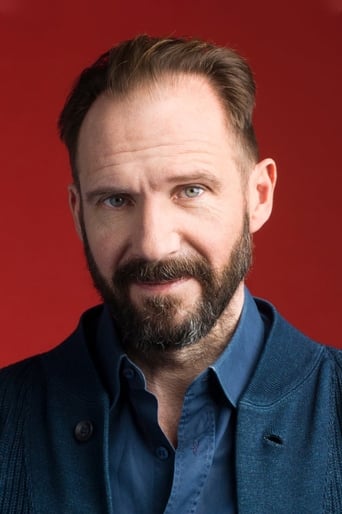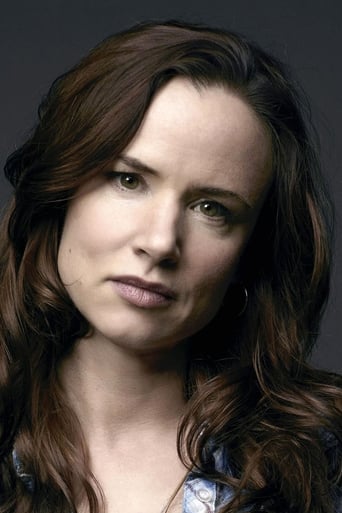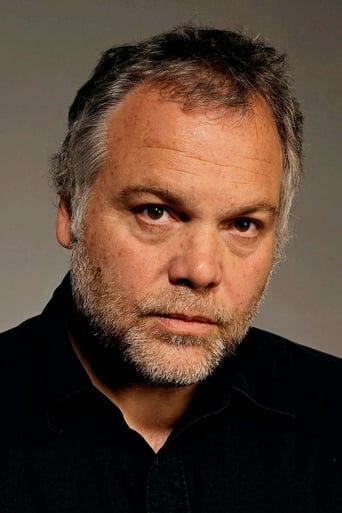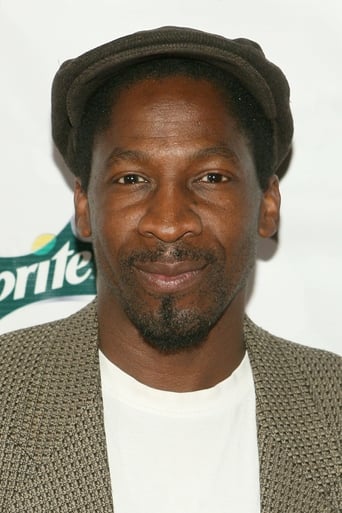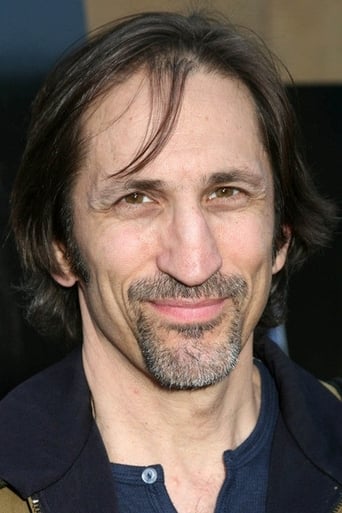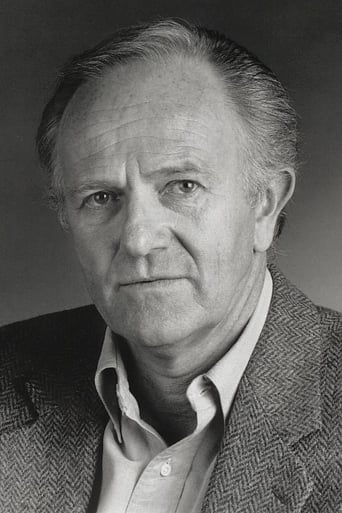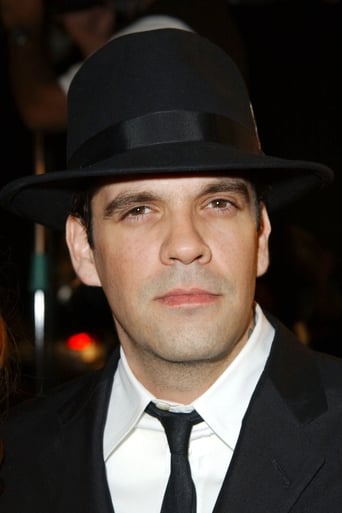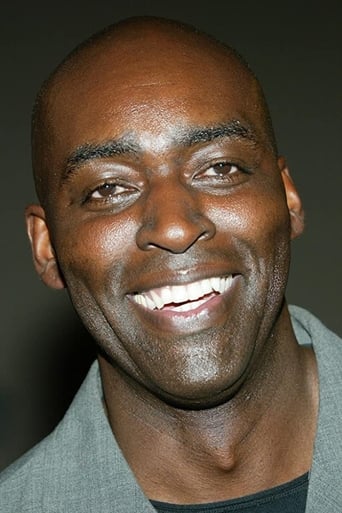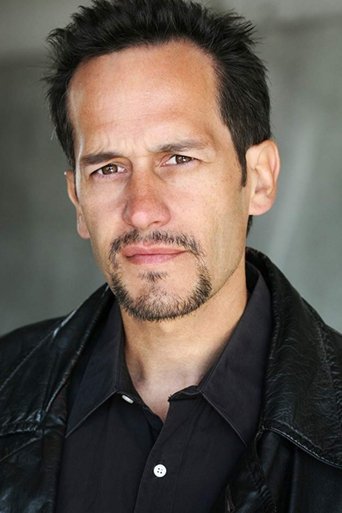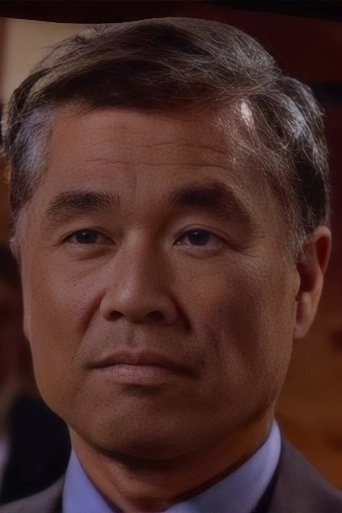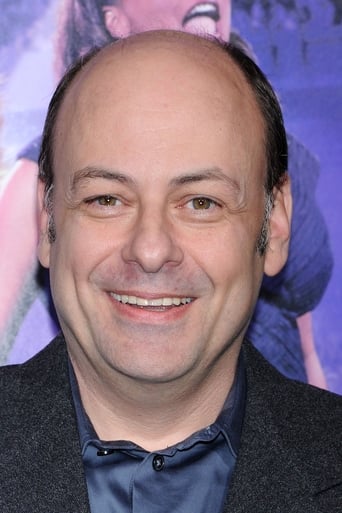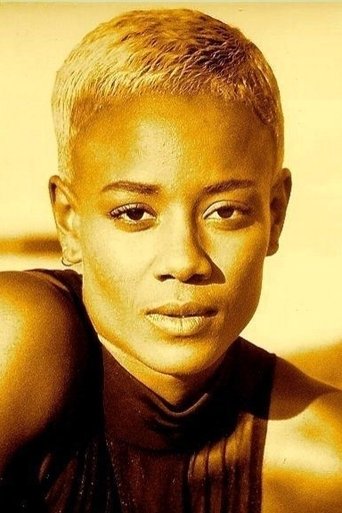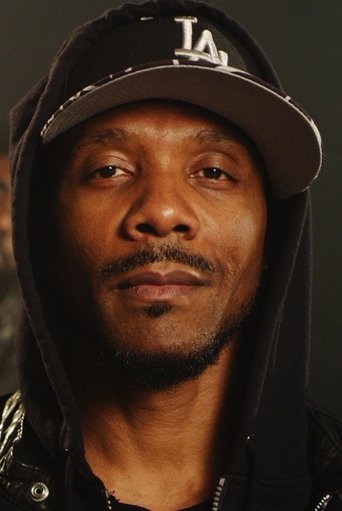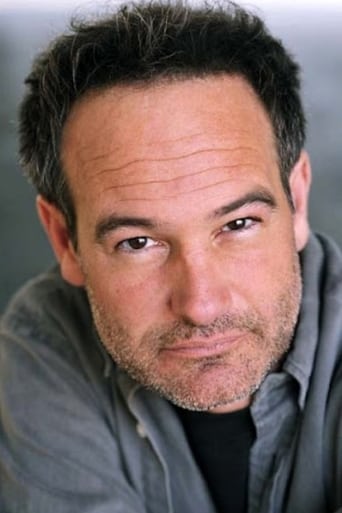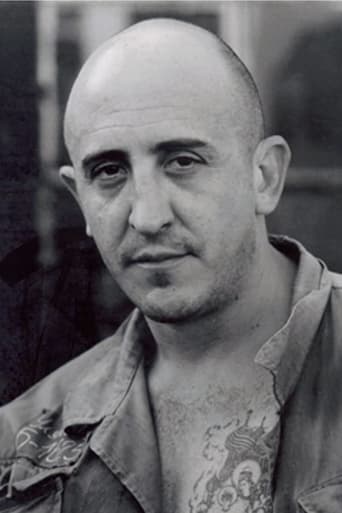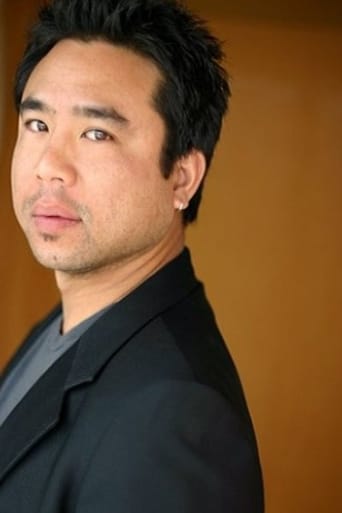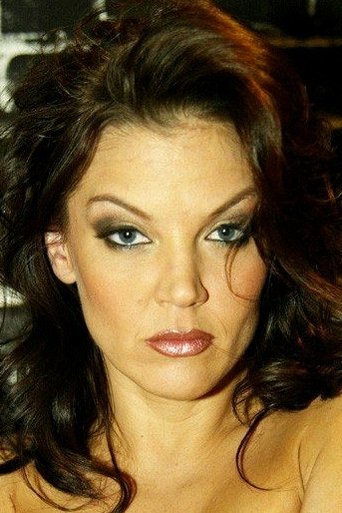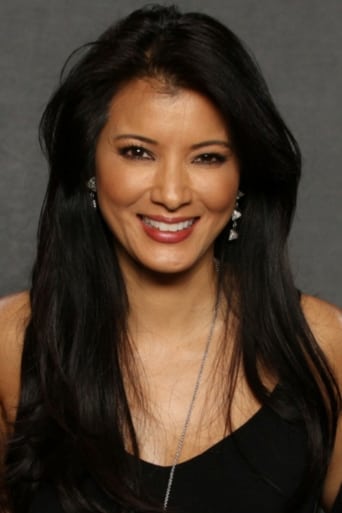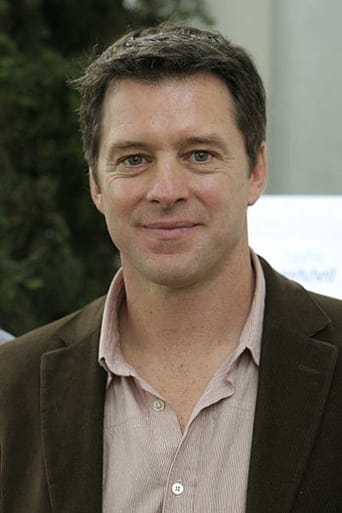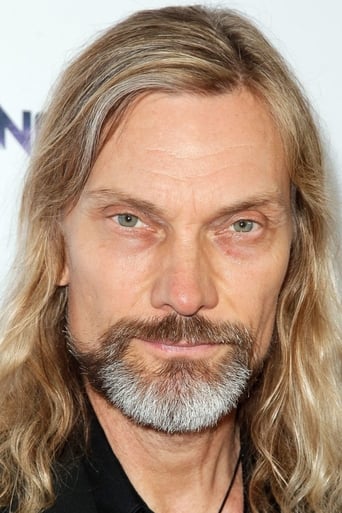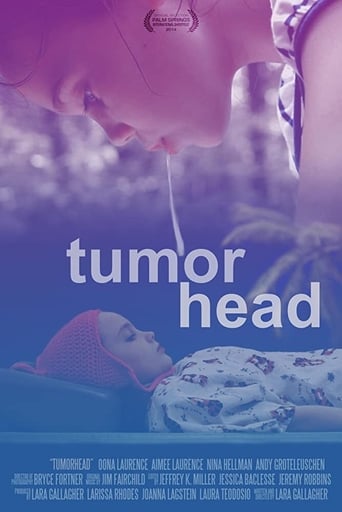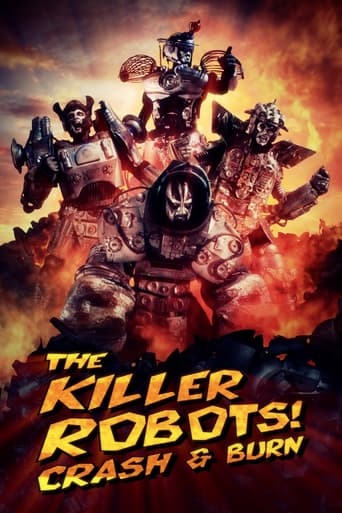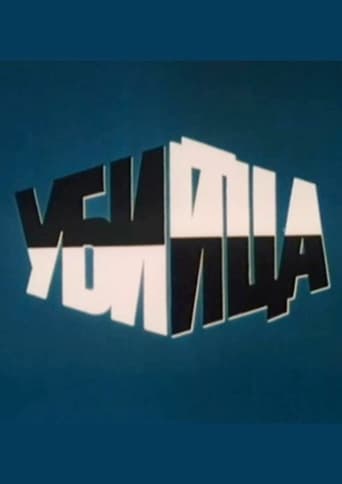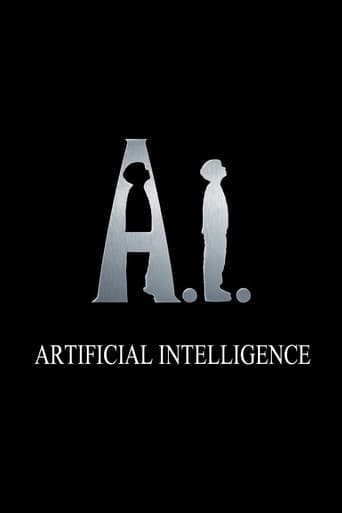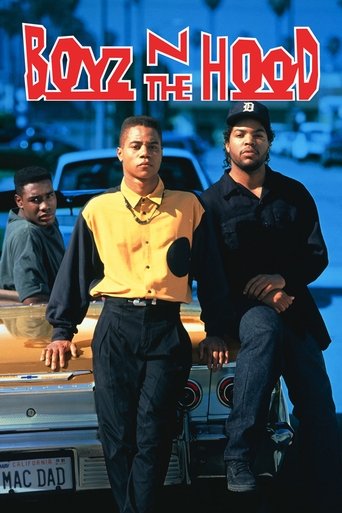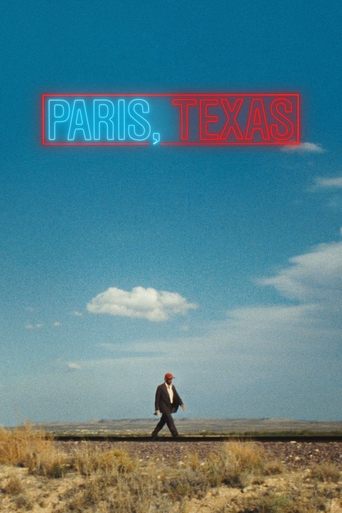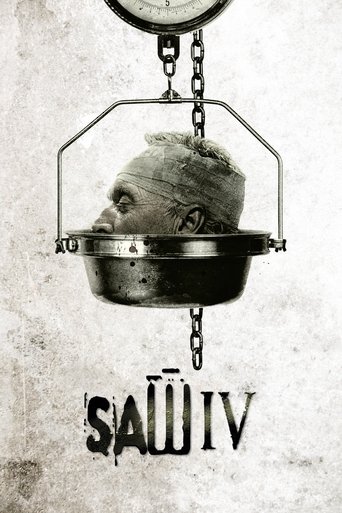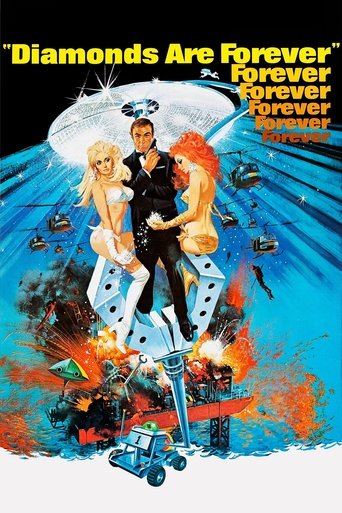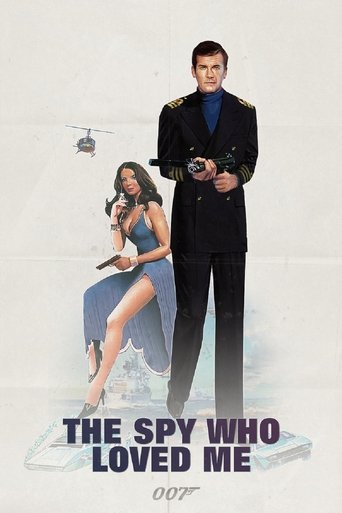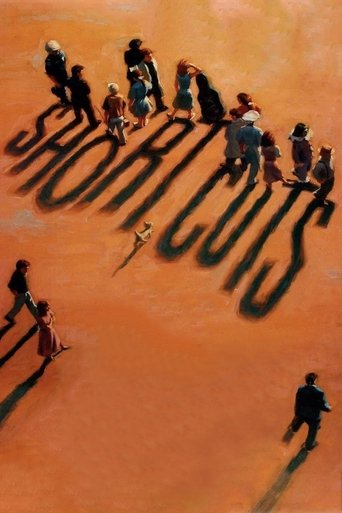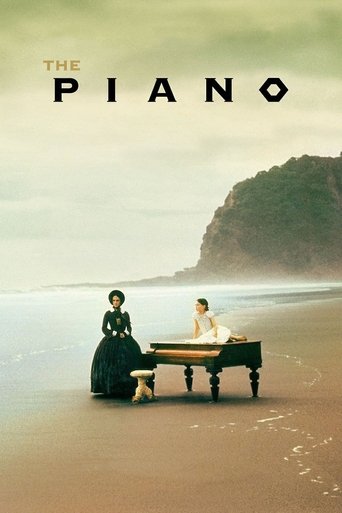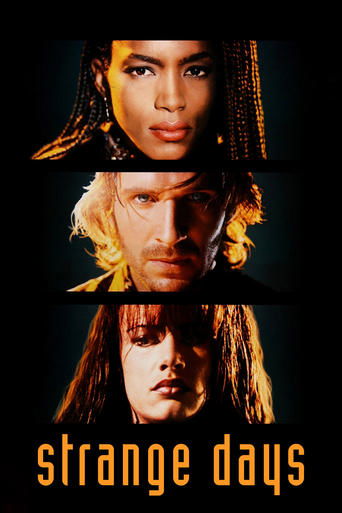
Strange Days (1995)
Former policeman Lenny Nero has moved into a more lucrative trade: the illegal sale of virtual reality-like recordings that allow users to experience the emotions and past experiences of others. While they typically contain tawdry incidents, Nero is shocked when he receives one showing a murder.
- Kathryn Bigelow
- Steve Danton
- Albert Cho
- Steven-Charles Jaffe
- Suzanne C. Geiger
- Sam Hoffman
- Pamela Alch
- Kenneth D. Collins
- George Fortmuller
- Todd Y. Murata
- Philip C. Pfeiffer
- Rebecca Strickland
- Mark Hansson
- James Cameron
- Jay Cocks
- James Cameron
Rating: 7.009/10 by 1336 users
Alternative Title:
Días extraños - ES
21世纪的前一天 - CN
奇日 - CN
Estranhos Prazeres - BR
Dziwne dni - PL
스트레인지 데이즈 - KR
Strange Days – A halál napja - HU
Country:
United States of America
Language:
English
Runtime: 02 hour 25 minutes
Budget: $42,000,000
Revenue: $7,959,291
Plot Keyword: future, pornography, prostitute, police brutality, dream, rape, police, virtual reality, paranoia, ex-girlfriend, bodyguard, rapper, dystopia, minidisc, ex-cop, murder, cyberpunk, los angeles, california, criminal, private detective, revolt, tech noir, woman director
**A sci-fi dystopia with a good political conspiracy plot in a film that cinema preferred to forget.** I think I've seen at least twenty films about the Millennium where times are shown with great pessimism. In this specific case, the end of the millennium is a time of social and political chaos, in which society moves without a clear direction, given over to fleeting pleasures and criminal acts. And in the midst of all the dissolution of morals and values, a mechanism emerges that allows the recording of the memories and sensations of the person who uses it, leading to a black market in illicit recordings of crimes, sex and controversial acts: thus, a man who never stole, killed or cheated on his wife can experience all of this without necessarily having to do so. But what happens when a recording keeps evidence of a murder? The film has qualities, and presents a story that mixes sci-fi, political thriller and a little romance, in a mix that has aged very well, even though we are now firmly into the millennium. The project began around 1985, and is one of the few results of the partnership (professional and loving) between Kathryn Bigelow and James Cameron. He had the ideas for the script, and she assures us of the elegant direction, the impactful and suitably dark cinematography, effective visual and special effects and a costume and set design strongly influenced by punk and metal aesthetics. The film was named after a song by the “Doors”, and was a huge critical and commercial failure. Therefore, everyone involved preferred to forget it. I can't help but consider the oblivion as unfair: it's not a perfect film, the story is too complex, it seems too stilted, like a hot air balloon, and it's excessively long (less than thirty minutes of dead scenes would have made things more dynamic). However, it is an immersive film that addresses, in some depth, people's appreciation for superficial pleasures and ways to escape a cruel and oppressive reality. This is still a very topical issue, as is the whole plot surrounding excessive police violence. And finally, I need to highlight the quality of the “first person” footage, when the mechanism is used, and we see things through the character's eyes. Ralph Fiennes gives us one of the most complex and interesting dramatic works of his career, making the most of his character's multiplicity of contradictory feelings and emotions. Angela Bassett also shone in this film, in an intense and action-packed role. Juliette Lewis does a pretty decent job, especially when she sings, but I can't help but consider that the actress's nudity is somewhat gratuitous and exaggerated, perhaps to sexualize the character. Michael Wincott is an effective villain.

